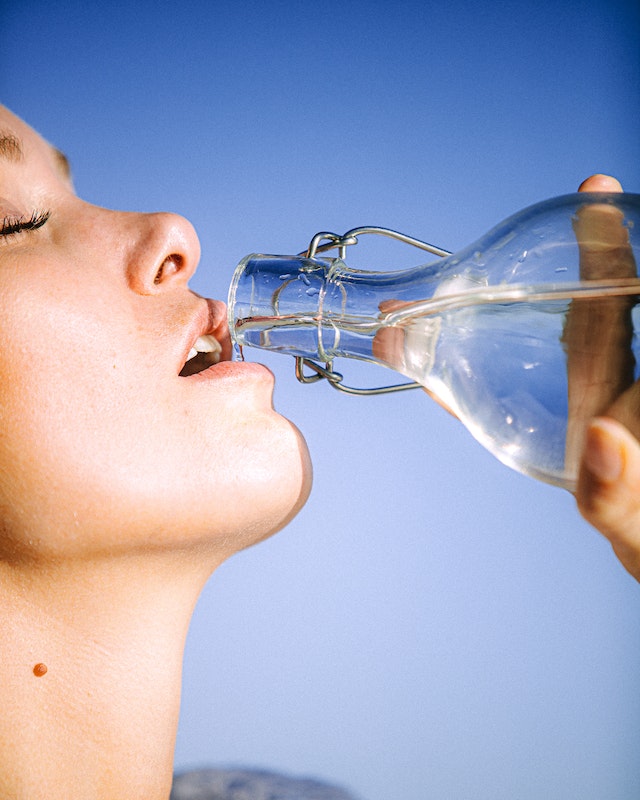- 16 June 2023
- 171
How Much Water Do You Need to Drink to Lose Weight? A Guide for Healthier Hydration

Determining the exact amount of water you need to drink for weight loss can be challenging since individual requirements vary based on factors such as body size, activity level, and climate. However, here’s a general guide for healthier hydration during weight loss:
- Institute of Medicine Recommendation: The Institute of Medicine suggests a daily intake of about 3.7 liters (or 125 ounces) for men and 2.7 liters (or 91 ounces) for women. This recommendation includes water from beverages and food sources combined.
- Individualized Approach: It’s important to consider your specific needs. Factors like body weight, activity level, and climate can impact your hydration requirements. A general guideline is to aim for at least eight 8-ounce glasses of water per day (about 2 liters or half a gallon). However, this should be adjusted based on your individual circumstances.
- Thirst as a Guide: Pay attention to your body’s thirst signals. If you feel thirsty, it’s an indication that you need to replenish fluids. Additionally, if you’re engaging in intense physical activity or exposed to hot weather, you may need to drink more water to compensate for the increased fluid loss.
- Monitoring Urine Color: A useful indicator of hydration is the color of your urine. Ideally, your urine should be a pale yellow or straw-colored. If it’s dark yellow or amber, it may suggest dehydration, and you should increase your water intake.
- Spread Throughout the Day: Rather than consuming a large amount of water at once, it’s beneficial to spread your water intake evenly throughout the day. This helps maintain consistent hydration levels and supports overall bodily functions.
Remember that water intake should be part of a holistic approach to weight loss. While staying properly hydrated is important, it’s equally essential to focus on a balanced diet, regular exercise, and overall healthy lifestyle habits for successful and sustainable weight management.
Consulting with a healthcare professional or a registered dietitian can provide personalized guidance regarding your hydration needs, especially if you have specific health conditions or concerns.

